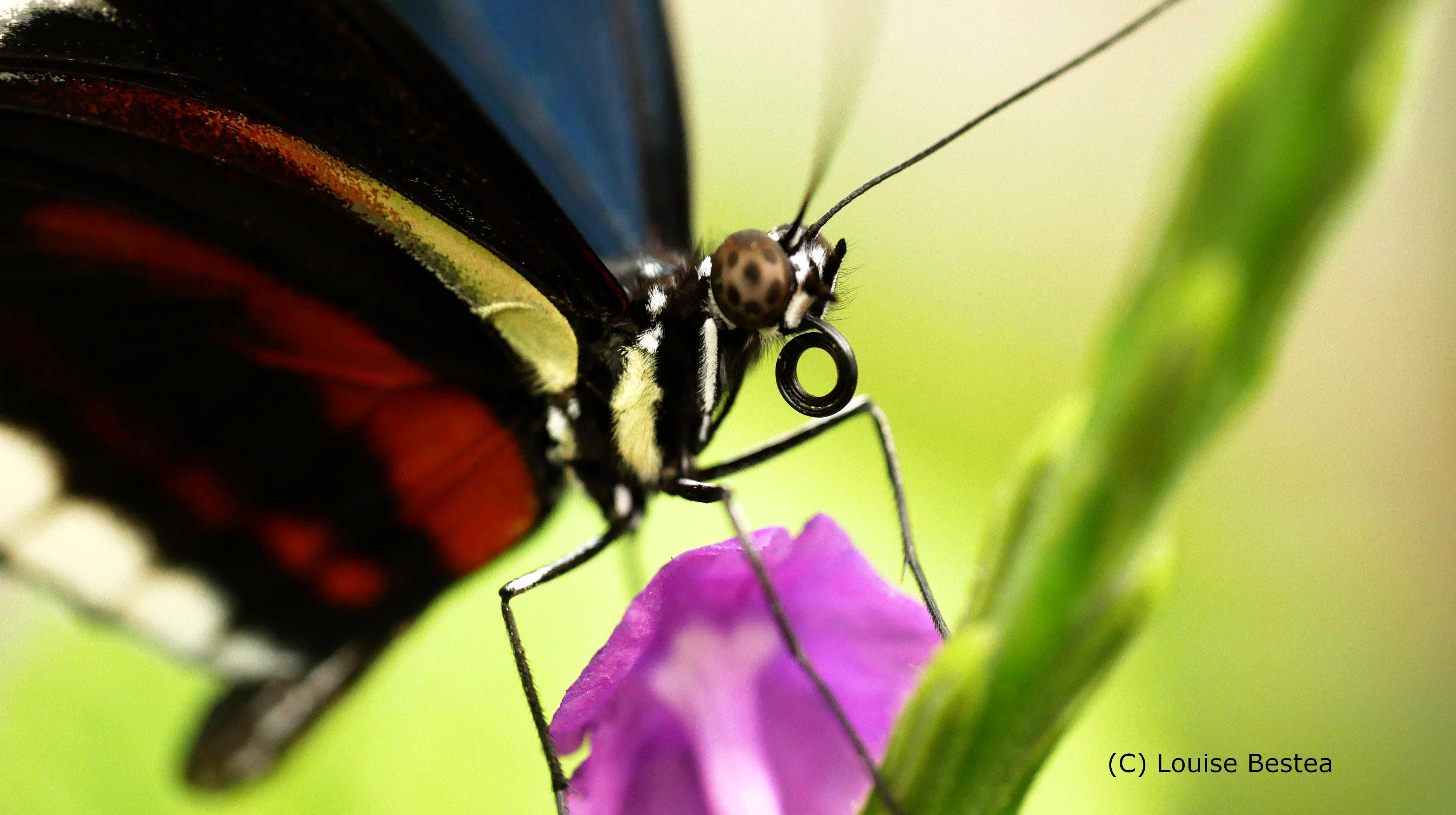
Brain and behavioural disfunction in interspecific hybrids, and their role in speciation
Supervisor: Professor Stephen Montgomery
Co-Supervisor: Dr Emilia Santos
Behavioural divergence across environmental gradients can be a driving factor promoting speciation. However, we are only beginning to understand how this is manifest in sensory and neural systems. In previous work in Heliconius butterflies, we have shown that brain morphology can be adapted to local environmental conditions, even among very closely related species. These differences are mirrored in molecular and phenotypic traits, and are likely the product of divergent selection on sensory processing. Interspecific hybrids show intermediate traits, but the effects on different components of sensory pathways appears to differ, suggesting the function of the sensory system at large is disrupted, relative to either parental species. This project aims to test this hypothesis. To do so, we will explore whether disrupted brain and behavioural traits are caused by imbalances in the number of specific cell types, the expression profiles of particular cells, and whether these effects are sufficient to impact behaviour and survival. This will provide a series of case studies in this underexplored aspect of speciation biology, and additionally suggest molecular mechanisms of neural disruption when divergent genotypes collide maladaptively.
Type of work
The student will have the opportunity to shape the project to their interests, but will likely mix fieldwork in Panama to generate interspecific hybrids of Heliconius with analyses of neural phenotypes (including molecular data) and behavioural experiments. Although an initial focus will be on Heliconius butterflies, there will be opportunities for additional experiments in African cichlids, providing opportunities to work with two enigmatic systems.
Importance of the area of research concerned
Behavioural evolution can play a critical role in speciation and the generation of biodiversity, but we know relatively little of the neural basis of this change. Much of what we do know is focused on differences between species, but the fate of hybrid offspring between diverging populations can play an important role in establishing species boundaries. This project will focus on this problem, and provide new insights into the role of neural divergence in hybrid phenotypes and fitness.
References
Montgomery SH, Rossi M, McMillan WO, Merrill RM. Neural divergence and hybrid disruption between ecologically isolated Heliconius butterflies. Proceedings of the National Academy of Sciences. 2021 Feb 9;118(6):e2015102118. Montgomery SH, Merrill RM. Divergence in brain composition during the early stages of ecological specialization in Heliconius butterflies. Journal of Evolutionary Biology. 2017 Mar 1;30(3):571-82.
